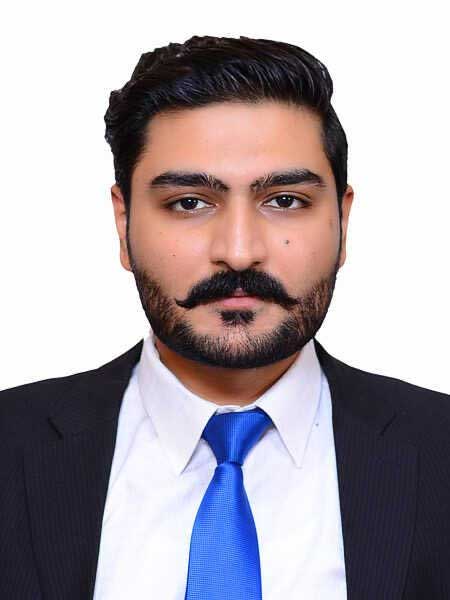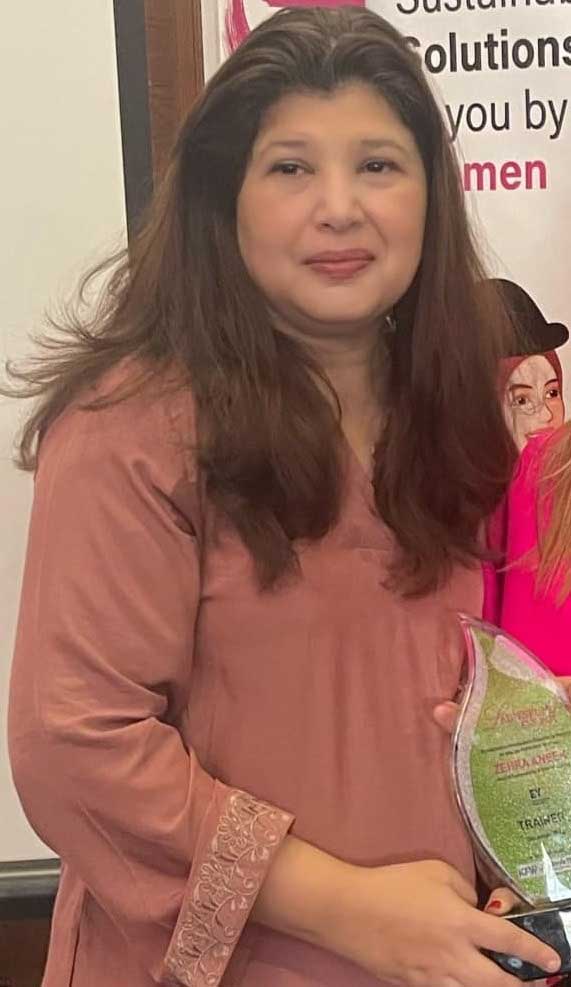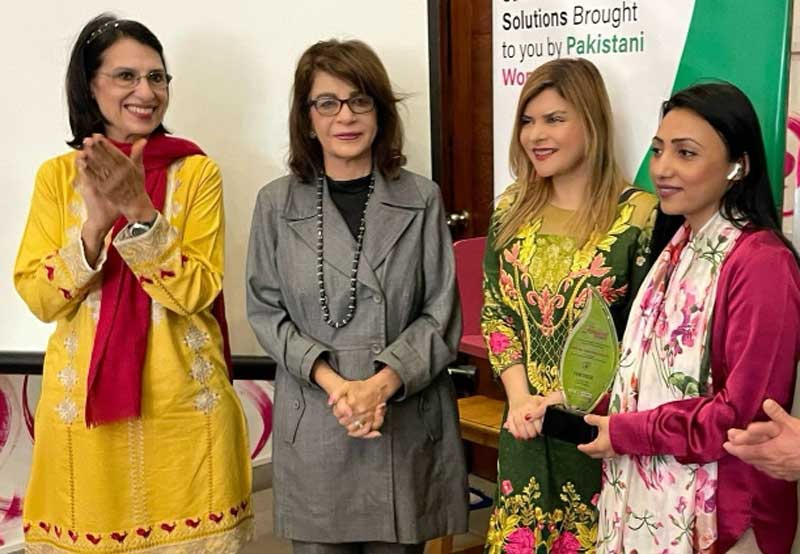December the 25th is celebrated as the birth anniversary of one of founding fathers of Pakistan; however, not many know that he had a dream to materialise system of Islamic economics and finance for Pakistan. He shared this vision during his speech at the inauguration of State Bank of Pakistan, on 1st of July, 1948. He said, “I shall watch with keenness the work of your Research Organization in evolving banking practices compatible with Islamic ideas of social and economic life. The economic system of the West has created almost insoluble problems for humanity and to many of us it appears that only a miracle can save it from disaster that is not facing the world. It has failed to do justice between man and man and to eradicate friction from the international field. On the contrary, it was largely responsible for the two world wars in the last half century. The Western world, in spite of its advantages, of mechanization and industrial efficiency is today in a worse mess than ever before in history. The adoption of Western economic theory and practice will not help us in achieving our goal of creating a happy and contended people. We must work our destiny in our own way and present to the world an economic system based on true Islamic concept of equality of manhood and social justice. We will thereby be fulfilling our mission as Muslims and giving to humanity the message of peace which alone can save it and secure the welfare, happiness and prosperity of mankind.” Now, what actually is Islamic Economics and Finance? And how is it different from capitalism and socialism or communism? Starting from Socialism, well-Islam and Communism are at one page as far as their critique on capitalism is concerned; however, they differ on their respective alternatives approaches as a alternative. In socialism, which is a soft form of communism, it is argued that the “means of production” should only be owned by the state and not by private individuals; thereby, abolishing the Islamic right ownership of private property, business, private enterprises, industrial complex and agricultural farmland. It is worth to mention that Prophet SAW and his wife, Hazrat Khadija RA, were successful traders and owned private business, similarly, many companions of Prophet SAW were from land owning class and some were in livestock farming. Moreover, Muslims have inherent right to property ownership and business for centuries. This is the contradiction between socialism, that forbids private property, and Islam that permits private property. However, Islam and socialism are similar as far as their idea of social justice and welfare is concerned and both are against exploitation of weak, both talks about state owned businesses as well for social welfare of people, but Islam does not completely forbid private ownership of property or business, which socialism does. Coming toward compatibilities and contradictions of Islam and capitalism, capitalism operates on the model of “laissez and faire,” where it advocates that private business should be free from government intervention completely or that there should be no or less state intervention in private business while giving its people the right to private property and also that a government should not be involved in any business of its own. It is true that Islam also gives right of ownership of private business or property, but Islam also talks regulatory mechanisms of private business or property, at least as far as necessary commodities are concerned, while also taxing businesses for social welfare of weak section of society. The text book example is the case of “Bagh e Fadiq.” Which initially was a public property but later Umar bin Abdul Aziz made it private property of the concerned party.
Now, what actually is Islamic economics and finance and what is the difference between commercial banking and Islamic banking system? Firstly, it is important to understand the theory of Islamic and commercial banking, Allah says in the Quran, “They have said: ‘trade is but like rib?.’, while Allah has permitted sale, and prohibited rib?.” Now, a question arises that how riba and trade are similar and what is the difference between them; what constitutes as riba and what as trade? The similarity between riba and trade is that in both generates wealth, profit is earned from both, the money comes in circulation between both; however, the difference is that in trade, all of the things mentioned, comes at a commodity, a physical thing or a utility while in riba, the profit comes at money alone, it generates money on money, cash on cash unlike in trade where the profit is on goods, services or commodities. That is fundamental difference between riba and trade. Now, lets move towards commercial banking and Islamic banking. In commercial banking system, loan on interest (riba) is given to a borrower, the bank generates its revenues by lending money and takes profits on that money unlike the case of trade where the profit is on a commodity or service. It is generating its wealth on “money on money” principle, which constitutes as riba. Moreover, it takes the major chunk from the earned profit, which is riba, to itself to pay its employees and also to continue giving loans to other borrowers; this is not only a haram business but also constitutes as exploitation. The bank keeps getting richer and richer while the borrowers keeps getting entrenched in debt. Now, Islamic banking is totally different from commercial banking as what do the Islamic bank do constitute in trade business unlike in riba based business. Islamic banks do not give loans at all, when someone goes to an islamic bank and ask for money, the Islamic bank does not give them money but ask for the purpose of why they require the money, for instance, he says that he needs to start a business or build a house, the Islamic bank makes physical investment in that commodity, services or goods (house, business or vehicle) and then sell it to the concerned person on a higher price, this make this business transaction as trade as this is the profit which the bank earned on a physical commodity, goods or service unlike with the case of commercial bank who earn profit on money alone, making that riba and this trade. Moreover, unlike the creditors of commercial banks who cannot be in loss, regardless if their bank goes bankrupt, the creditors of Islamic banks also lose their investments if their partner bank goes bankrupt. This is pure Islamic business model in which the investors/creditors too get a loss if their business partner faces loss. Moreover, there is also a Shariah board in Islamic bank which makes sure that its investments are purely in halal business or safe from elements of “Gharar.” However, they need to broaden their horizons and invest or put conditions on the borrower to comply with the parameters of Islamic economics and social justice. For example, the working hours of workers, their paid leaves and maternity leaves should be defined by the companies or factories seeking financial assistance from Islamic banks and Shariah board should only approve investments of those businesses that comply with such parameters. Moreover, there should be a mechanism in Islamic banks to stop finances of a company that exploits its workers; from producing to distribution, Islamic banks should influence the bylaws and rules of a corporation, enterprises or businesses to transform country’s economy from capitalism to Islamic economics. For example, if someone comes to the Islamic bank to finance for his house, he should be given conditions to give certain paid leave to workers during the project and also the working hours should be defined while overtime should also be compensated. This way, exploitation of the weak will be reduced and the nation would materialise the dream of its Quaid of ensuring true Islamic social justice.
Jinnah’s vision: A dream for Islamic economics & finance, the third alternative




